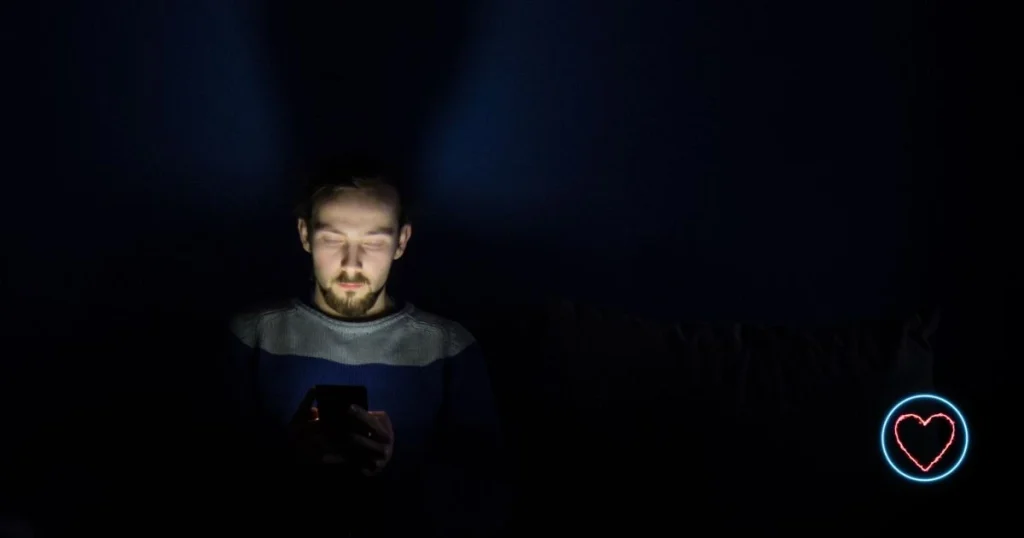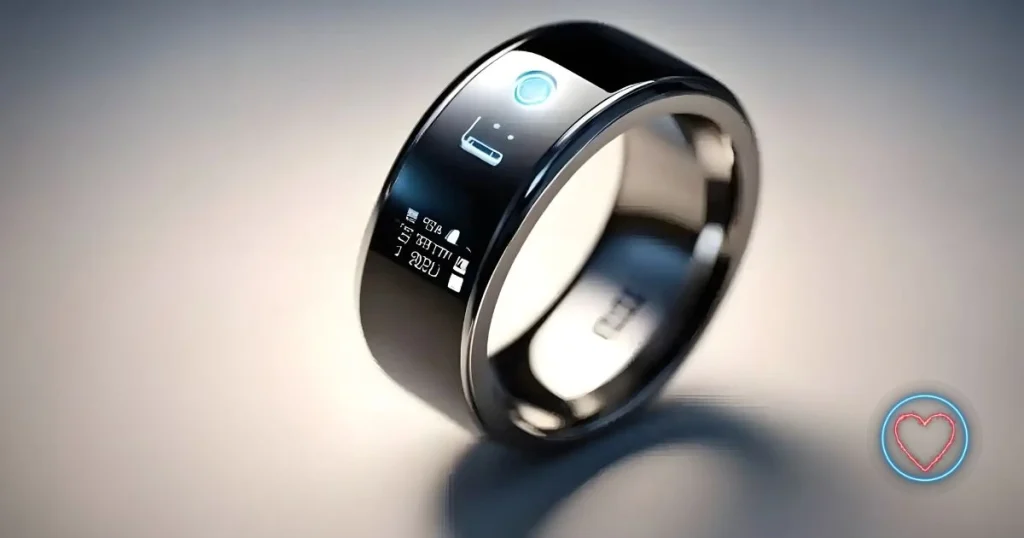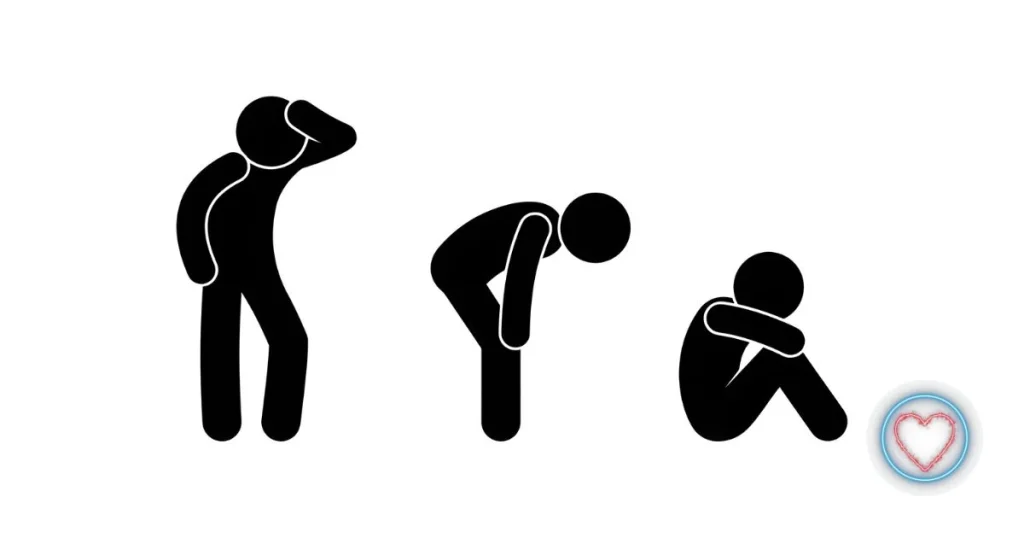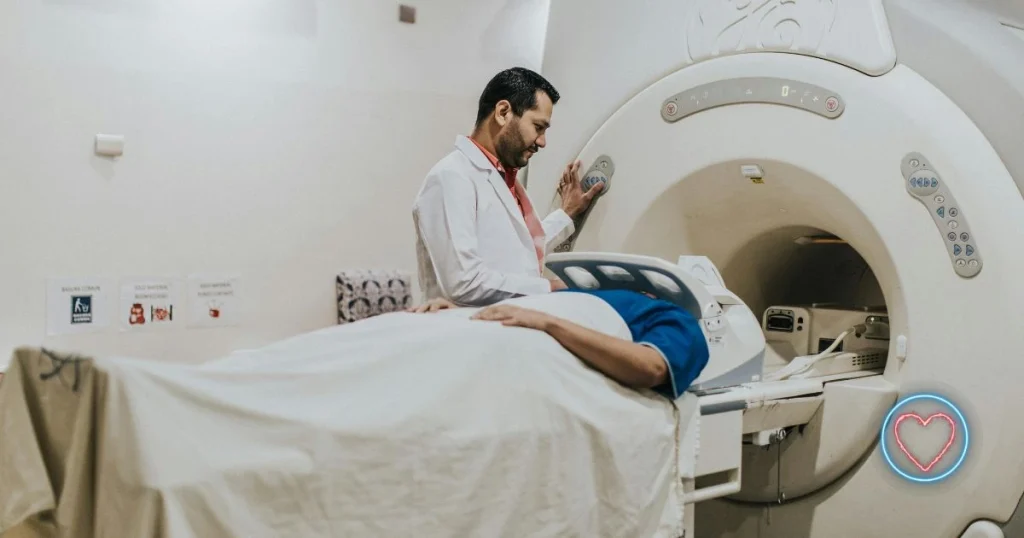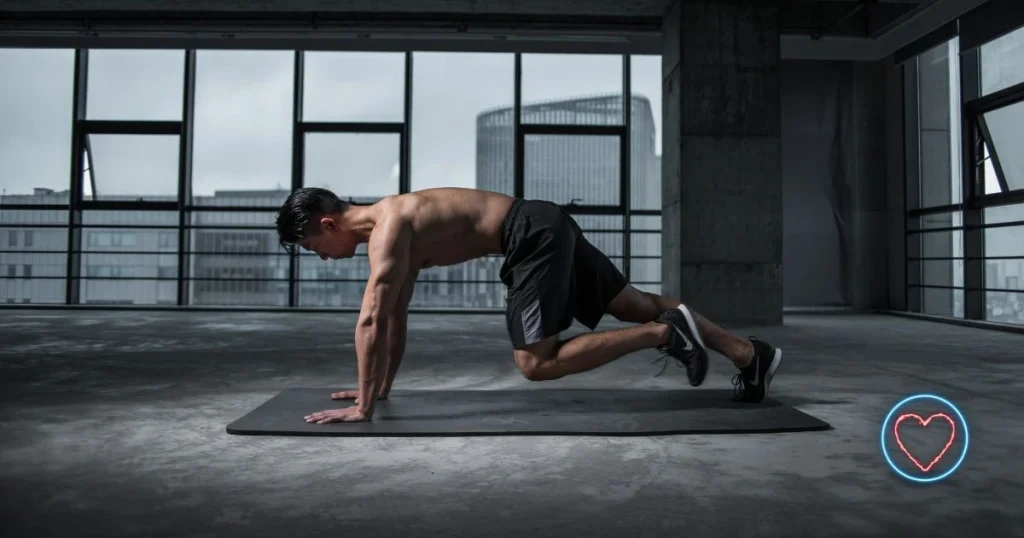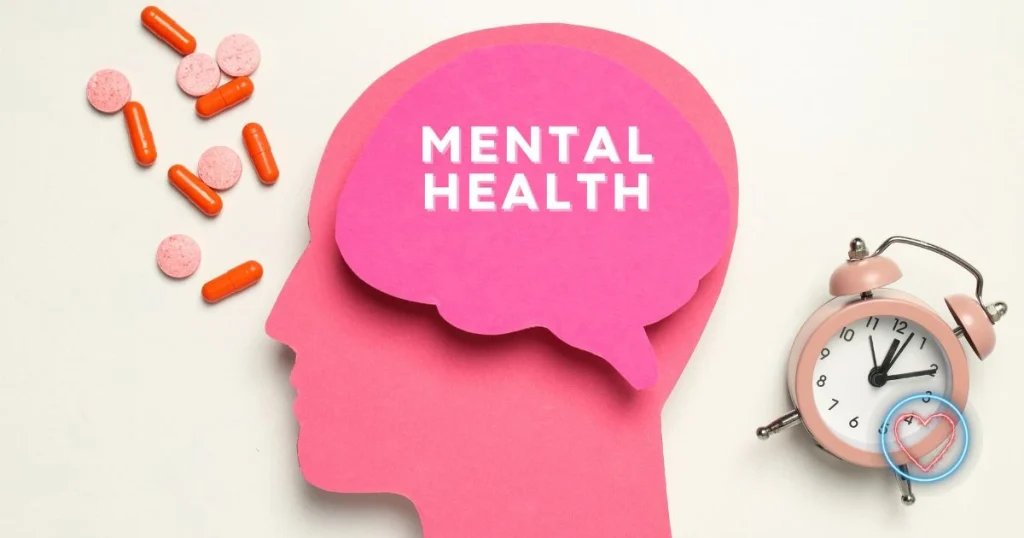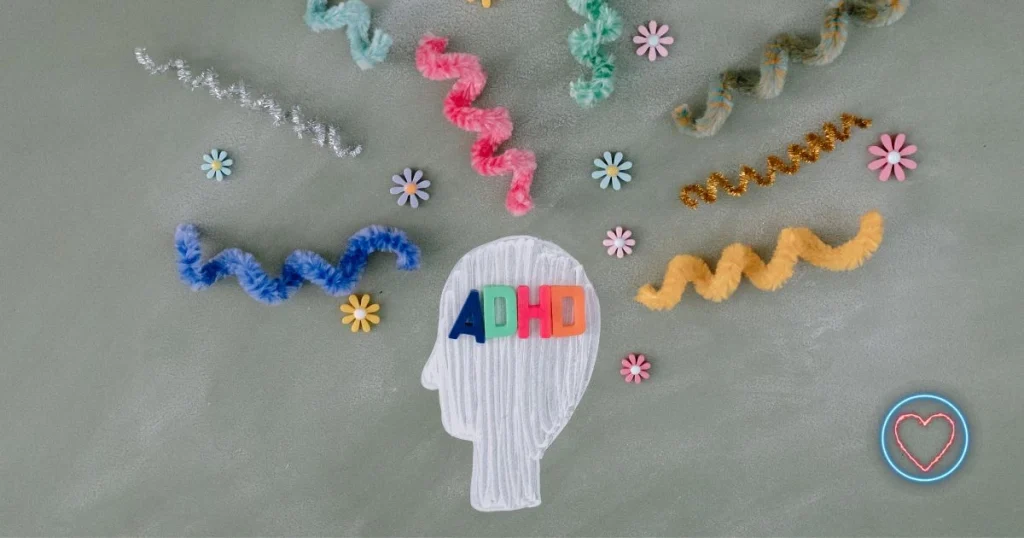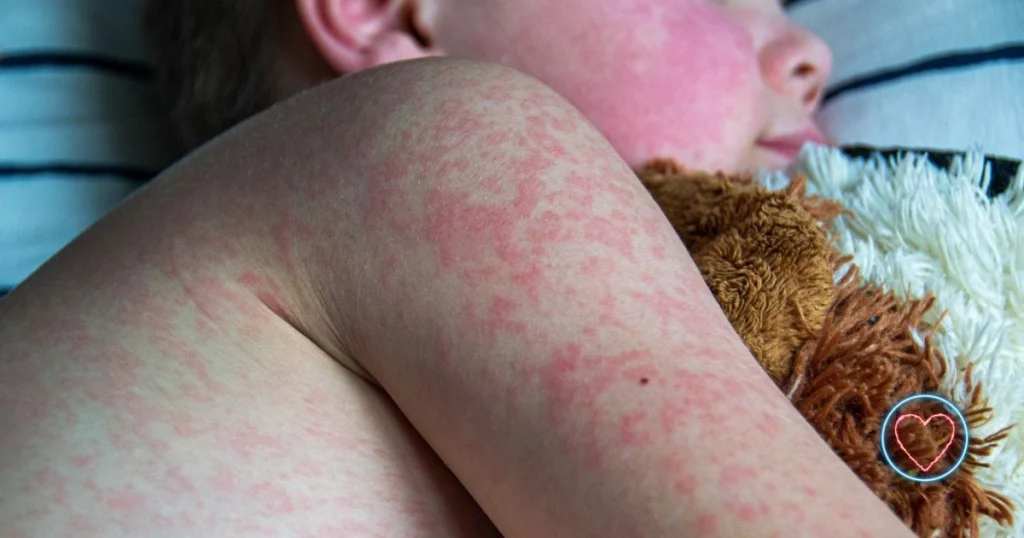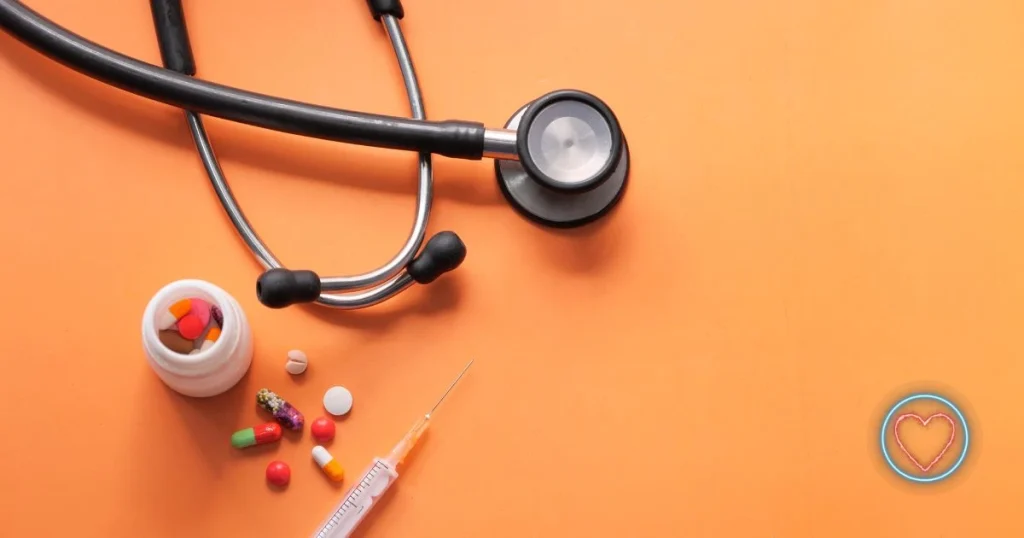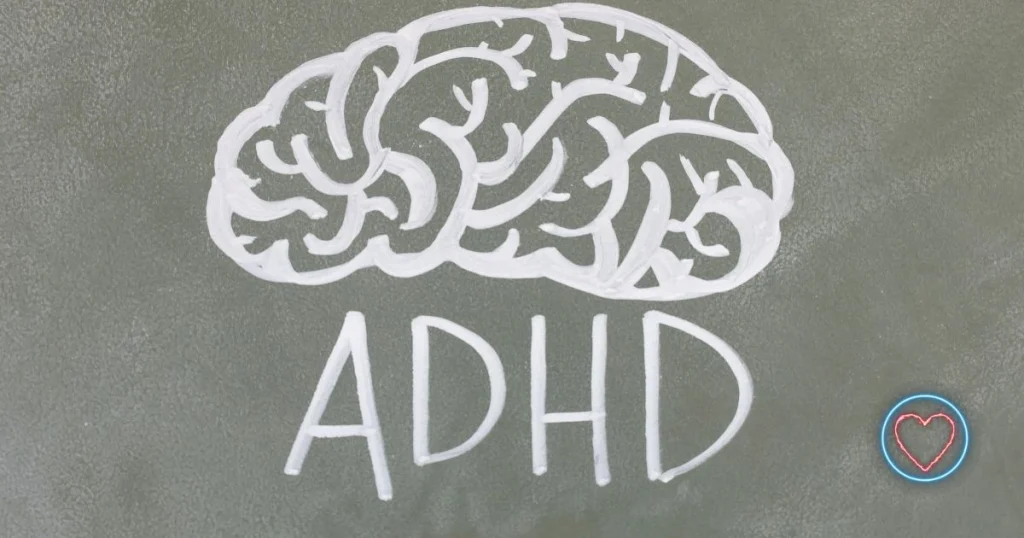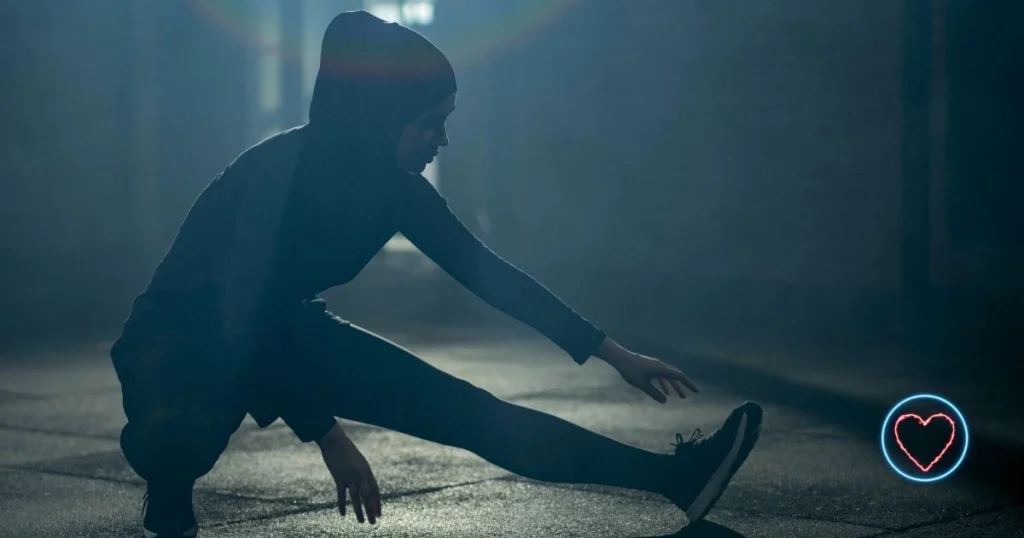In our hyperconnected digital age, the glow of screens is nearly inescapable. Whether it’s the smartphone we check first thing in the morning or the laptop we use for work, blue light has become a silent companion in our daily lives. But this omnipresent light comes with consequences that are far from harmless. Emerging research suggests that prolonged exposure to blue light—especially during the evening hours—can significantly impact sleep quality and mental health. Understanding the science behind blue light and its effects can help us take informed steps to reclaim our rest and protect our psychological well-being.
What Is Blue Light?
Blue light is a portion of the visible light spectrum, with wavelengths between 400–490 nanometers. It’s naturally emitted by the sun and plays an essential role in regulating our circadian rhythm—the body’s internal clock that governs our sleep-wake cycle. During daylight hours, exposure to blue light helps boost alertness, enhance mood, and improve cognitive performance. However, problems arise when we continue to be exposed to artificial sources of blue light—primarily from LED screens and lighting—after sunset.
The Link Between Blue Light and Sleep
One of the most well-documented effects of blue light exposure is its interference with sleep. This is primarily due to its suppression of melatonin, the hormone responsible for inducing sleepiness.
1. Melatonin Suppression
Melatonin levels typically rise in the evening as it gets darker, preparing the body for sleep. Blue light, however, delays the onset of melatonin production. Studies have shown that exposure to blue light from screens—especially within two hours of bedtime—can reduce melatonin levels by as much as 50%. This makes it harder to fall asleep, shortens overall sleep duration, and reduces the quality of sleep.
2. Circadian Rhythm Disruption
The circadian rhythm relies on light cues to stay aligned with the 24-hour day. Blue light exposure at night sends mixed signals to the brain, confusing it into thinking it’s still daytime. This delays sleep onset and can shift sleep phases, leading to circadian misalignment, also known as “social jet lag.” Over time, this misalignment can contribute to chronic sleep disorders.
3. Reduced REM Sleep
Blue light exposure has also been linked to a reduction in REM sleep, the deep stage of sleep associated with dreaming, emotional regulation, and memory consolidation. A lack of sufficient REM sleep can impair cognitive function and mood, setting the stage for more serious mental health issues.
How Poor Sleep Affects Mental Health
When sleep is compromised, mental health often deteriorates in tandem. Chronic sleep deprivation and irregular sleep patterns can trigger or exacerbate a wide range of psychological issues.
1. Increased Risk of Anxiety and Depression
There is a well-established correlation between poor sleep and mood disorders such as anxiety and depression. Sleep disruption can lower serotonin levels and increase cortisol, the stress hormone. A 2017 study published in Sleep Health found that individuals who used electronic devices for extended periods before bed reported higher levels of stress, anxiety, and depressive symptoms.
2. Cognitive Impairment
Lack of quality sleep due to blue light exposure affects attention span, decision-making, and problem-solving abilities. It also impairs emotional regulation, making individuals more prone to mood swings and irritability. Over time, these impairments can reduce overall mental resilience and increase the risk of burnout.
3. Heightened Risk of Serious Mental Illness
Emerging research indicates that circadian rhythm disruptions caused by blue light may contribute to the onset of more severe psychiatric conditions, including bipolar disorder and schizophrenia. These conditions often come with altered sleep patterns, and blue light may exacerbate these symptoms or serve as a trigger in vulnerable individuals.
Special Populations at Higher Risk
While blue light affects everyone, certain groups are more susceptible to its negative impacts:
- Teenagers: Adolescents naturally have a delayed sleep cycle and are particularly sensitive to light. Excessive screen time at night can make it even harder for them to fall asleep, impacting academic performance and emotional well-being.
- Shift Workers: People who work night shifts often rely on artificial lighting and screen exposure during irregular hours, making it harder to maintain a consistent sleep cycle.
- Elderly Individuals: Aging affects melatonin production, and additional blue light exposure can worsen sleep issues already prevalent in older adults.
The Role of Blue Light in Technology Use
Today’s digital landscape is dominated by devices that emit blue light—smartphones, tablets, computers, televisions, and even energy-efficient LED lighting. As screen time increases across all age groups, so does exposure to blue light.
1. Social Media and Doomscrolling
Evening hours often involve browsing social media or watching videos, a habit referred to as “doomscrolling.” This not only increases blue light exposure but also stimulates the brain emotionally, making it even harder to wind down before bed.
2. Remote Work and Screen Dependency
The rise of remote work and virtual communication has led to longer screen hours, often extending late into the night. This prolonged exposure significantly increases the risk of sleep disturbances and digital fatigue.
Strategies to Reduce Blue Light Exposure
Fortunately, there are practical ways to reduce blue light exposure and mitigate its effects on sleep and mental health.
1. Use Blue Light Filters
Most modern devices now offer night modes or blue light filters that reduce the intensity of blue wavelengths. Applications like f.lux for computers and built-in settings like Night Shift on iPhones can help minimize melatonin disruption.
2. Blue Light Blocking Glasses
These specially coated glasses filter out blue light and are particularly useful for those who must use screens at night. Several studies have shown that wearing blue light blocking glasses in the evening can improve sleep quality and duration.
3. Limit Screen Time Before Bed
Try to power down electronic devices at least one hour before bedtime. Instead, engage in calming, screen-free activities like reading a book, journaling, or meditating.
4. Opt for Warm Lighting
Replace bright white or cool LED lights with warmer-toned bulbs in the evening. Smart lighting systems can even mimic natural sunset patterns to help signal your body that it’s time to wind down.
5. Increase Natural Daylight Exposure
Getting ample sunlight during the day helps strengthen your circadian rhythm and makes it easier to fall asleep at night. Aim for at least 30 minutes of natural light exposure each morning.
Blue Light and Mental Health Apps: A Double-Edged Sword
Interestingly, some mental health apps and sleep trackers that help users manage stress or fall asleep are used via screens that emit blue light. This creates a paradox—while the app’s intention is beneficial, the delivery method might be doing more harm than good. To solve this, many of these apps are now integrating dark mode interfaces, audio-only features, or ambient lighting options.
The Future: Smarter Technology and Awareness
As awareness grows, tech companies are increasingly designing devices and environments that respect circadian health. Innovations like circadian lighting systems in homes and workplaces are becoming more common. Meanwhile, digital wellness initiatives are encouraging people to rethink their screen habits.
More importantly, the conversation around blue light is sparking deeper discussions about the quality of our digital lives—encouraging users to prioritize balance, rest, and emotional health over constant connectivity.
Conclusion: Reclaiming Sleep in the Digital Age
Blue light is not inherently bad. It plays a vital role in our daily functioning when used appropriately. The problem arises when we are exposed to it at the wrong times, particularly before bed. The science is clear: blue light can significantly impact our ability to sleep well, and by extension, our mental health. But with small, conscious changes—like adjusting screen habits, using protective tools, and improving sleep hygiene—we can mitigate its negative effects.
In a world that rarely turns off, reclaiming rest is a radical act of self-care. By understanding how blue light works and taking steps to control our exposure, we can protect not just our sleep, but our peace of mind as well.
